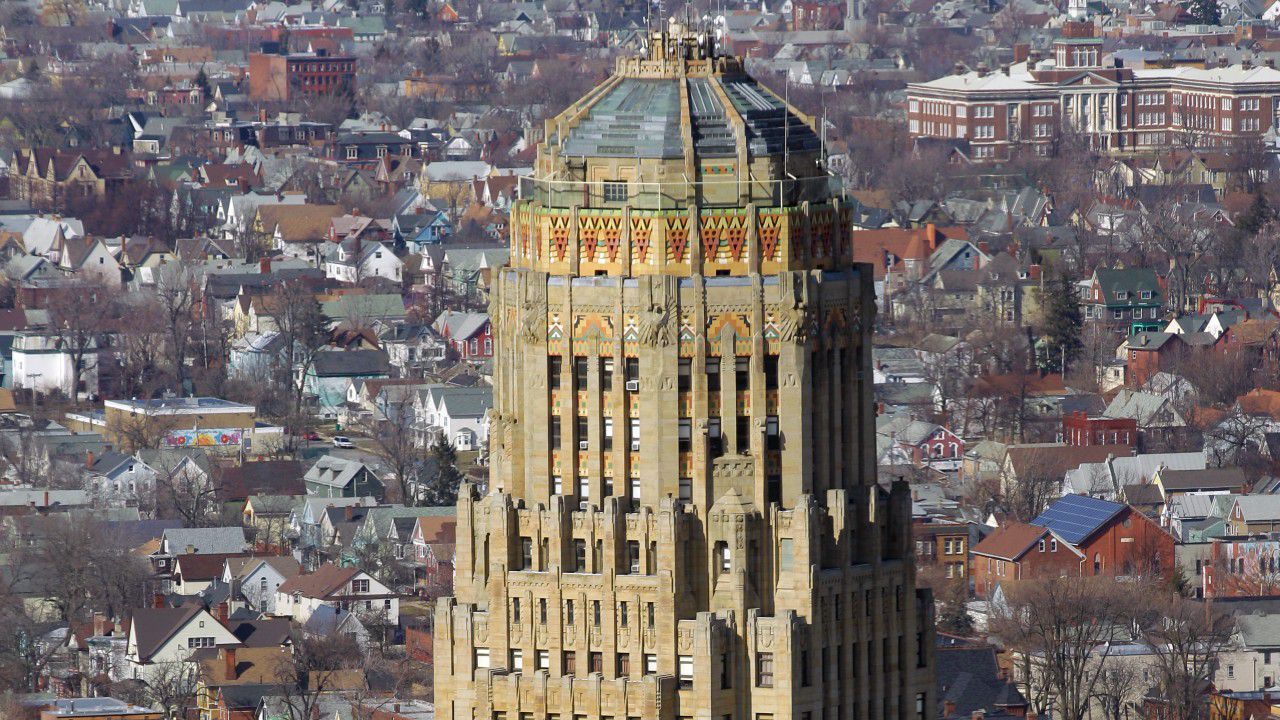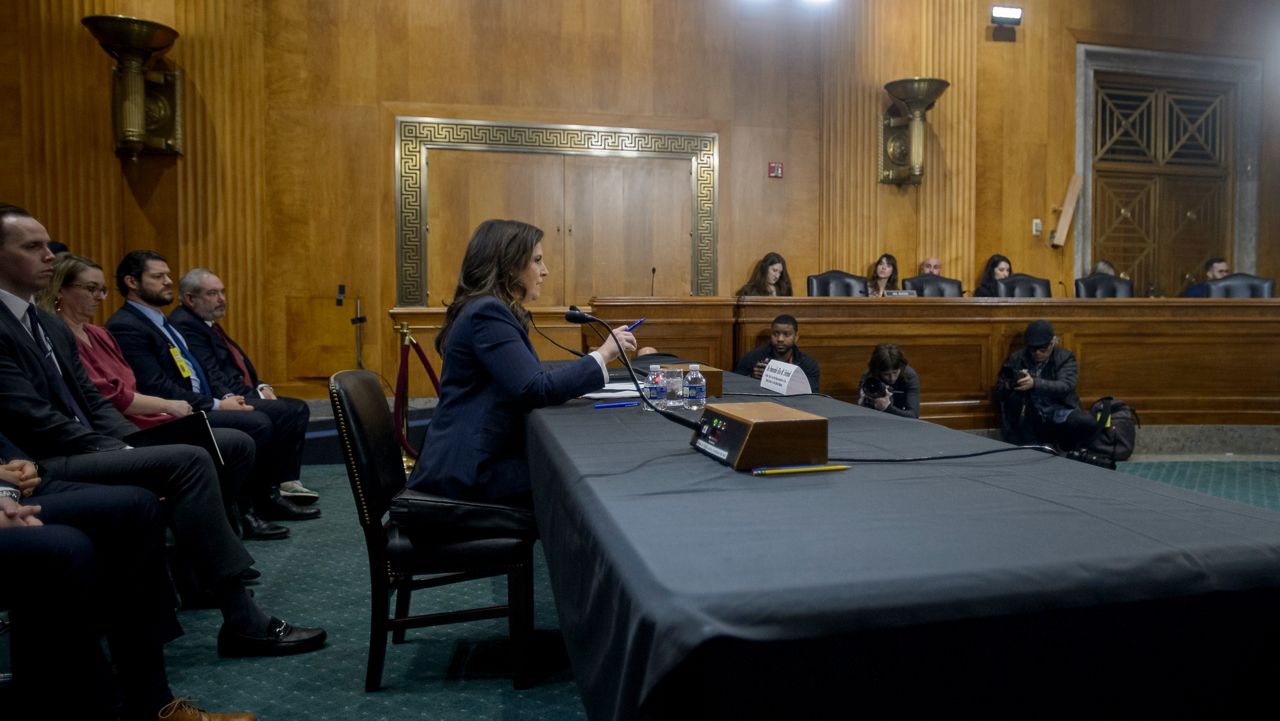“Daniel’s Law” was introduced by lawmakers on Thursday as a way to change how law enforcement responds to mental health 911 calls.
This move comes after a national spotlight was shone this past year on how brutal police interactions can be with those struggling with mental illness.
The bill is named after Daniel Prude, a Rochester man who died after his interaction with police in March of last year.
Now, after the most recent incident of a 9-year-old girl getting handcuffed and peppersprayed in Rochester police custody, Daniel’s brother, Joe Prude, said action needs to be taken on this bill.
“Come on, how much more does the government have to see,” Joe Prude questioned. “This is not to be tolerated. This is an abuse of power. Systematic racism is still ongoing. It’s like it’s not going to stop.”
Daniel Prude was naked and high on PCP when Rochester police officers detained him. Prude’s family said Daniel was experiencing a mental health crisis during that time.
A spit bag was placed over Prude’s head and eventually he stopped breathing while being held down in the middle of the street.
Prude later died of complications from asphyxia after being taken off of life support.
His death was ruled a homicide.
The Senate sponsor of the bill, Senator Samra Brouk, said the state needs to do better.
“The hard truth here is we are not all created equally under the law,” Senator Brouk said. “And this inequality is compounded when an individual is in a mental health or substance abuse crisis. To do better, we need to provide people with care and treatment.”
The legislation would set up statewide and regional mental health response units made up of licensed mental health professionals.
These counselors would work to de-escalate individuals experiencing a mental health crisis, and would only call in law enforcement if needed.
Emergency 911 dispatchers would also be trained on how to direct these emergency calls.
Melanie Funchess, a mental health advocate, said for some, seeing a police officer in uniform can be triggering.
“It’s people showing up in the uniform with the whole vest,” Funchess explained. “It brings out trauma, past trauma for many people, and it escalates a situation.”
On the other side of the aisle, Assemblyman Josh Jensen said he supports having licensed mental health counselors respond to some of these calls, but worries about the safety of these professionals if they do not have law enforcement present.
“Maybe by dispatching simultaneously, we can make sure that maybe law enforcement sets up a perimeter,” Jensen explained. “They contain the individual who may be in crisis, making sure that they are safe while preparing to have that mental health professional be there to de-escalate a situation. And if for some reason they need to step in, it gets violent, whatever the case may be, they are already on site.”
Jensen said, however, he is open to having further discussions on the bill with lawmakers and stakeholders.
Funding for this program would be pulled from the state Office of Mental Health and local government mental health services.



)


